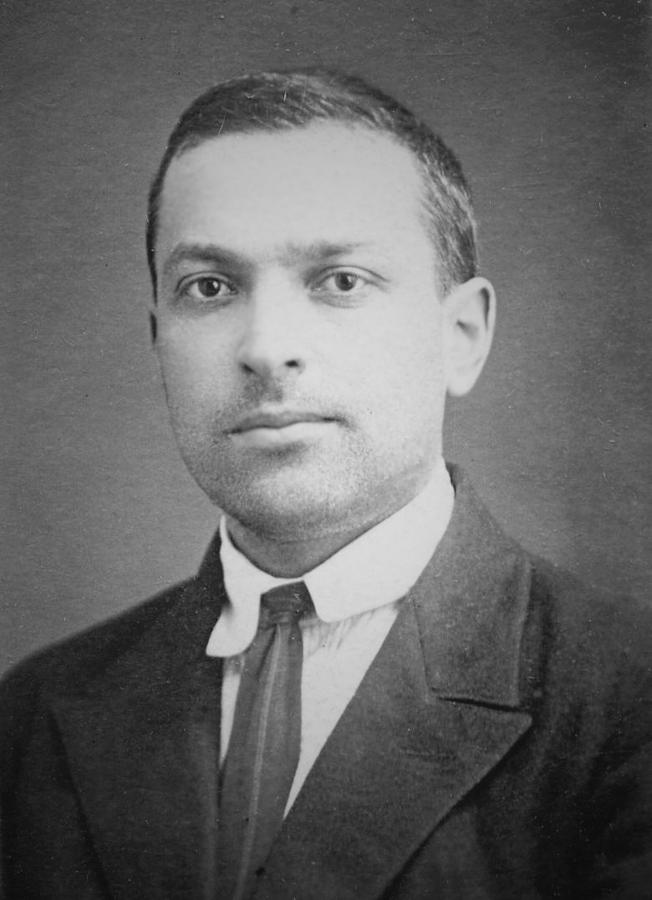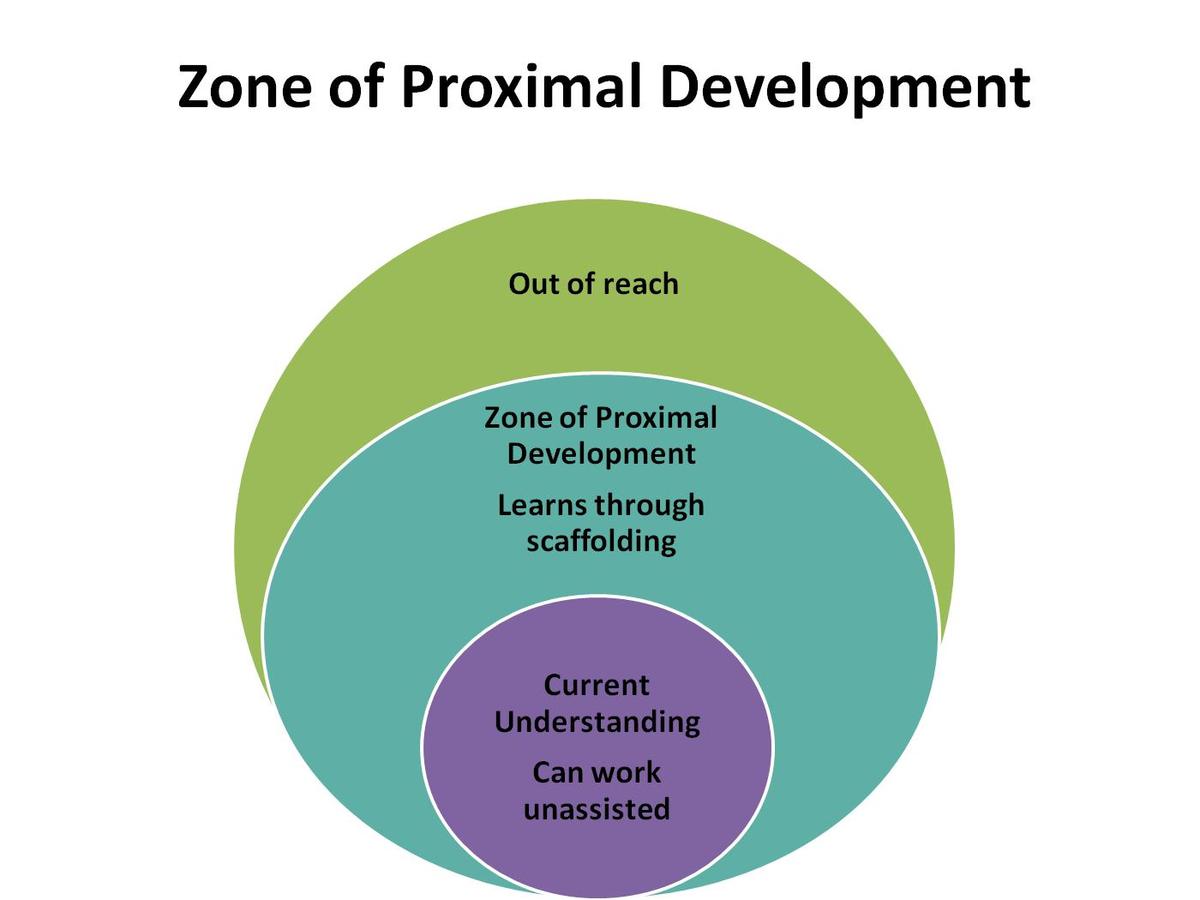LEV VYGOTSKY (1896-1934)

BIOGRAPHY
- Born in 1896 in Western Russia
- Graduated with Law in Moscow at
Institute of Psychology
- He expanded his ideas on cognitive
development especially relationship between language and thinking.
- He argued that language is most
important toll of society and focused on social, cultural factors in cognition.
-
He died of tuberculosis in 1934.
SOCIOCULTURAL THEORY
- Culture is determinant of human
development.
- Child’s cultural development is on
two level-social and individual
- Interaction between people leads to
development and culture provides tool to help them have view of world
- Language is crucial toll in
determining how child will learn in process of cognitive development.
- Children learn gradually through
interaction with teachers and parents.
-
Children play an active role in
learning.
UNDERLYING THEME OF SOCIOCULTURAL THEORY
-
Role of language.
-
Importance of culture.
- More knowledgeable others.
- Zone of Proximal Development.
ROLE OF LANGUAGE.
-
Focus also on private speech.
-
As child develops language develops
-
Language is made possible due to
culture as through social process.
-
Even infant has pre verbal stage of
development
“The child begin to perceive words not through his eyes but through his speech, And later it’s not just seeing but acting that becomes informed by words.”
VYGOTSKY"S THREE STAGES OF SPEECH.
Three stages are
Social speech-talking to others
Egocentric speech-private speech
Inner speech-soundless speech used by older children and adults.

Importance of culture
Its changes and grows as we develop. Has two functions-Elementary and Higher mental functions
-
Elementary: possess from birth.
Natural abilities to do things.
-
Higher Mental:develop from being
social and interaction.Gradually shaped with course of time and more
interaction.
Passed From One Person To Another Via Three Tools.
- Imitative Learning: copying others
- Instructed learning:instruction from teachers help to self regulate.
- Collaborative learning: group of people work to learn a skill and understand each other.
importance of culture.
MORE KNOWLEDABLE OTHERS(MKO)
Refers to teachers, basically someone who have better understanding of particular subject and task.
ZONE OF PROXIMAL DEVELOPMENT
Distance between actual developmental level as determined
by independent problem solving and protential developemnt as determined by problem solving under guidance.
Represents learning possible by student by proper instructional conditions.
Zone of proximal development has two main features:
-
Scaffolding: Instructors shows how to
solve problem while controlling the learning environment so child can take
things to next level in steps without frustration and expanding the knowledge.
For example: Telling child how about you turn it this way so you can have better look of it.
-
Reciprocal Teaching: open dialogue between
teacher and student which goes beyond questions and answers.

Important PRINCIPLES of Lev Vygotsky’s FRAMEWORK
-
Children
construct their own knowledge.
-
Development
cannot be separated from social context.
-
Learning and development are interrelated.
-
Language
plays major role in mental development.
How Vygotsky’s impacted learning and early childhood education.
-
Curriculum
: Children learn though interaction. More emphasize on interaction between
learner and learning tasks.
- Instruction: Scaffolding effective way of teaching when children are unable to task own their own.
-
Method of learning through interaction children talk to each other when something curious is there even it leads to loud classroom.
-
Assessment:
Assessing if child can do task by himself or needs guidance.
-
Learning
though play major element of current early childhood education.
REFERENCES.
Essa, Eva, and Rosemary Young. 2003. Introduction to Early Childhood Education 3rd edition. Ontario: Nelson Education Ltd.
Gallagher, C. (1999, May). http://www.muskingum.edu. Retrieved from www.muskingum.edu: http://www.muskingum.edu/~psych/psycweb/history/vygotsky.htm
http://en.wikipedia.org. (n.d.). Retrieved from en.wikipedia.org: http://en.wikipedia.org/wiki/Lev_Vygotsky
http://www.childdevelopmentmedia.com. (n.d.). Retrieved from www.childdevelopmentmedia.com: http://www.childdevelopmentmedia.com/play-the-work-of-lev-vygotsky/
http://www.education.com. (n.d.). Retrieved from www.education.com: http://www.education.com/reference/article/early-childhood-development/
references continue
references
http://www.goodtherapy.org. (2013, September 17). Retrieved from www.goodtherapy.org: http://www.goodtherapy.org/famous-psychologists/lev-vygotsky.html
Leichsenring, A. (n.d.). http://www.edarticle.com/articles/34923. Retrieved from www.edarticle.com: http://www.edarticle.com/articles/34923/the-influence-of-piaget-and-vygotsky-on-everyday-elementary-classroom-teaching-and-learning.php#.U74IlZRdWm4
lev vygotsky
By navkamal
lev vygotsky
- 1,571



